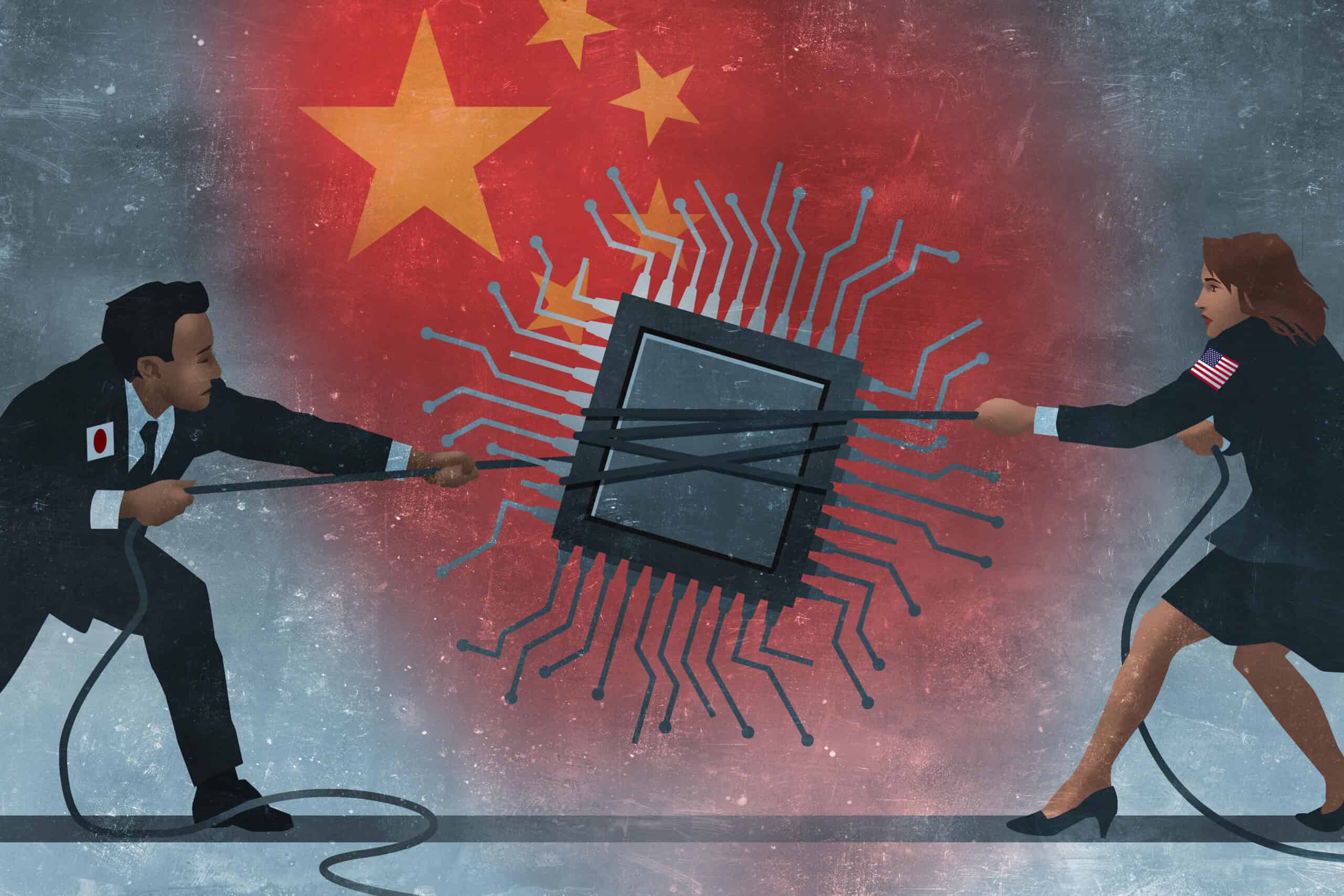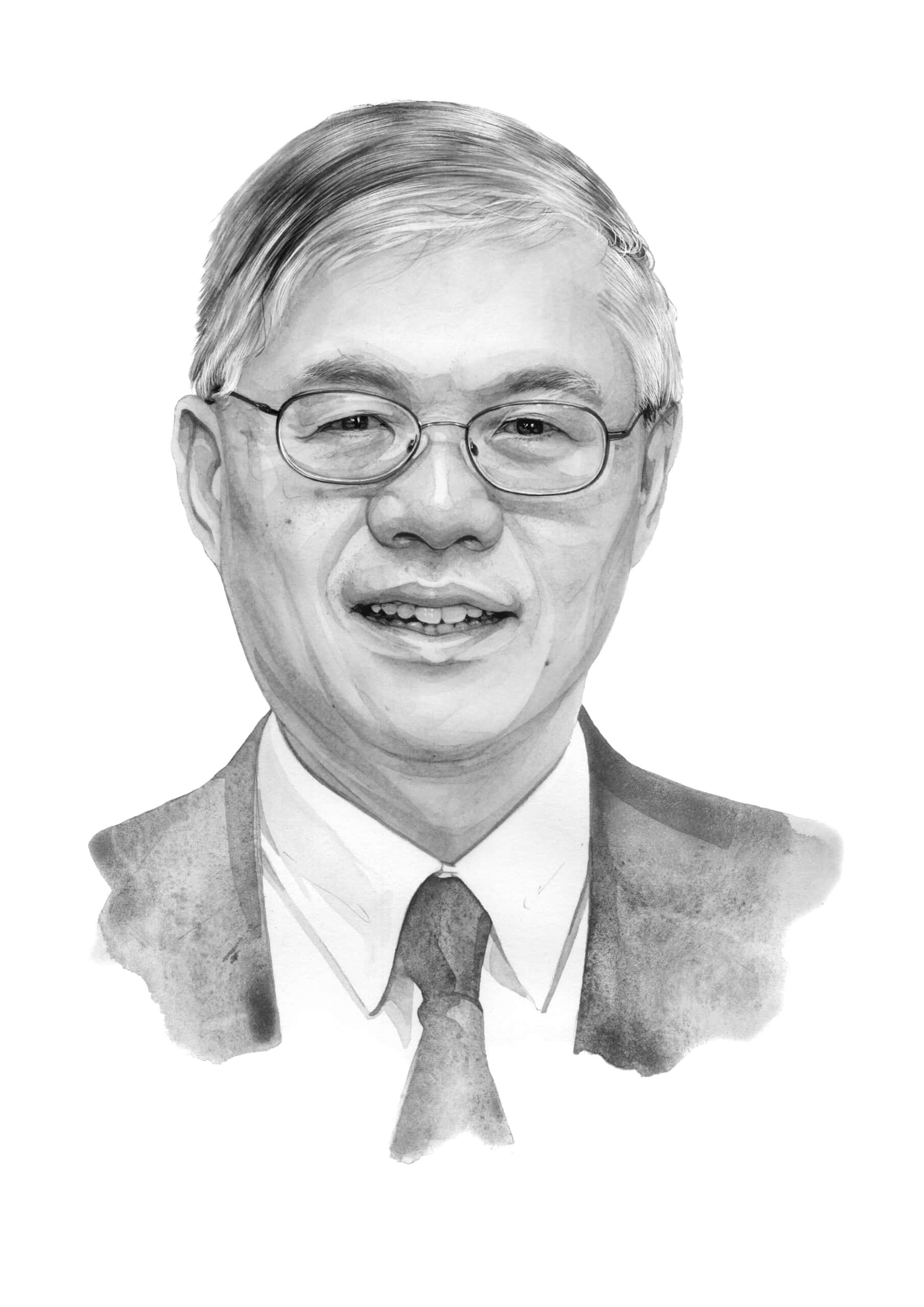Good evening. When Anne Stevenson-Yang first started working in Beijing in 1985, her Chinese officemates had to get written permission from their managers in order to get married or travel. In our cover story this week, an excerpt from her new book, Stevenson-Yang shares her front-row experience of China’s wild changes and rise in the 1990s and then equally rapid fall, which she blames, in part, on Beijing’s response to the global financial crisis. Elsewhere, we have infographics on China’s big box shoppers; an interview with Minxin Pei on China’s surveillance state; a reported piece on the Chinese hacking company at the center of a major data leak this month; and an op-ed about the vital year ahead for U.S.-China climate engagement. If you’re not already a paid subscriber to The Wire, please sign up here.
Want this emailed directly to your inbox? Sign up to receive our free newsletter.
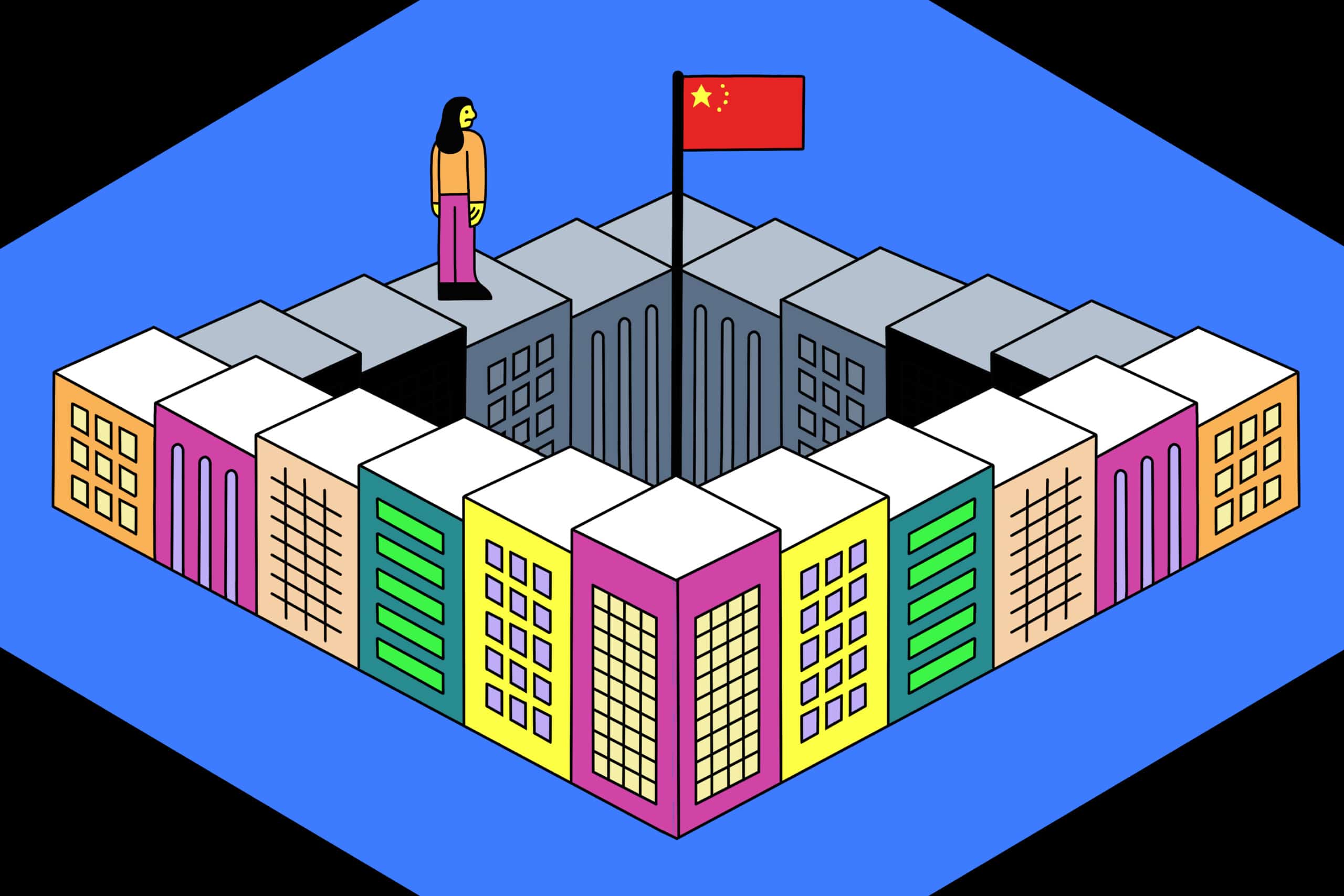
The Grand Illusion
As the head of the U.S.-China Business Council in Beijing, Anne Stevenson-Yang was one of the first Westerners to advocate for China’s inclusion in the global trading system, and she personally benefited from China’s opening and courtship of foreign investment. But, as she recounts in her new book, after watching China’s reaction to the global financial crisis, she was also one of the first Westerners to call out China’s transformational change for being a facade.
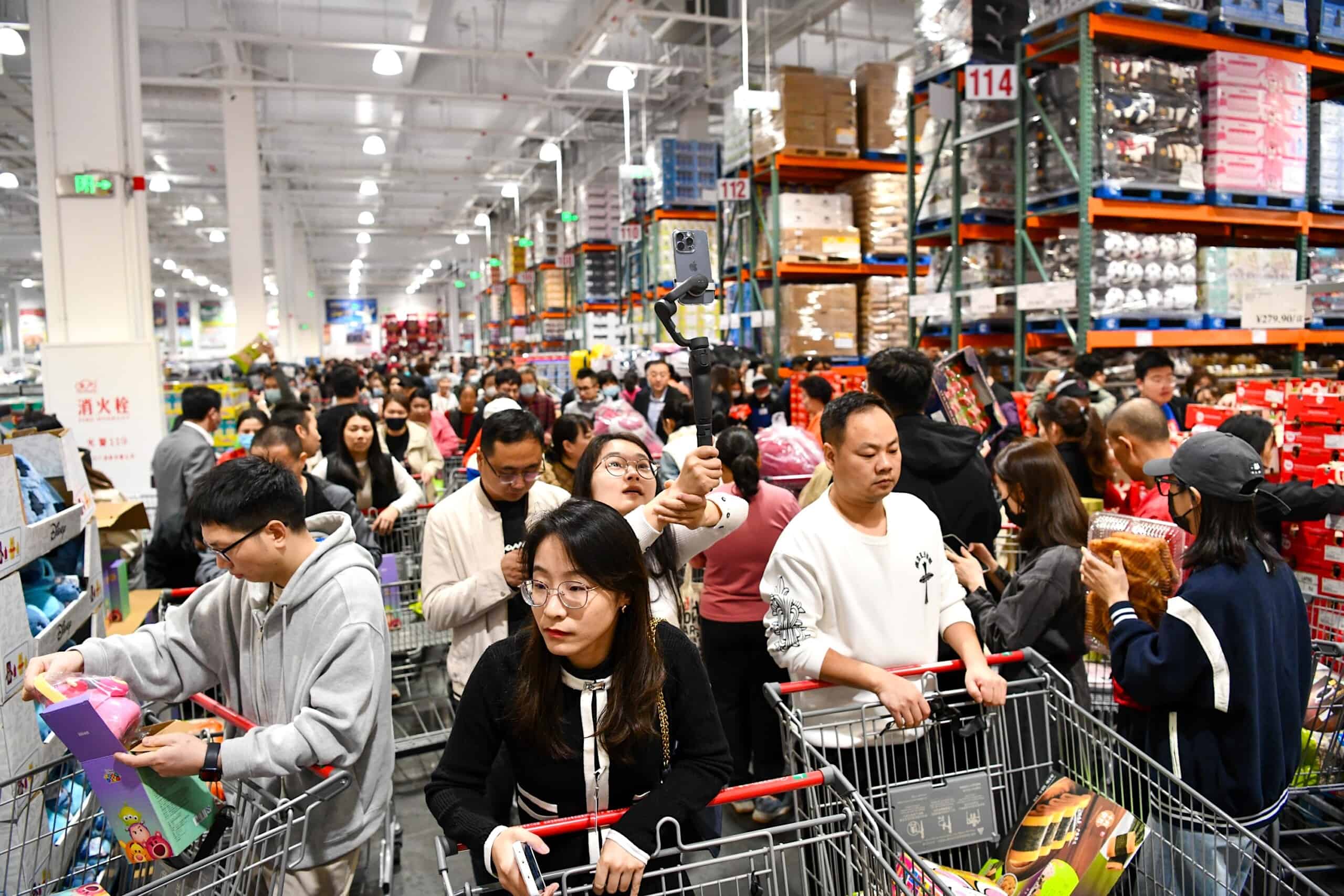
The Big Picture: China’s Big Box Shoppers
Costco now has six stores in China, while Walmart’s Sam’s Club has 45. This week’s infographics by Aaron Mc Nicholas look at Costco’s competitive position in China and examines whether its membership warehouse model can gain a lasting foothold in the country.
A Q&A with Minxin Pei
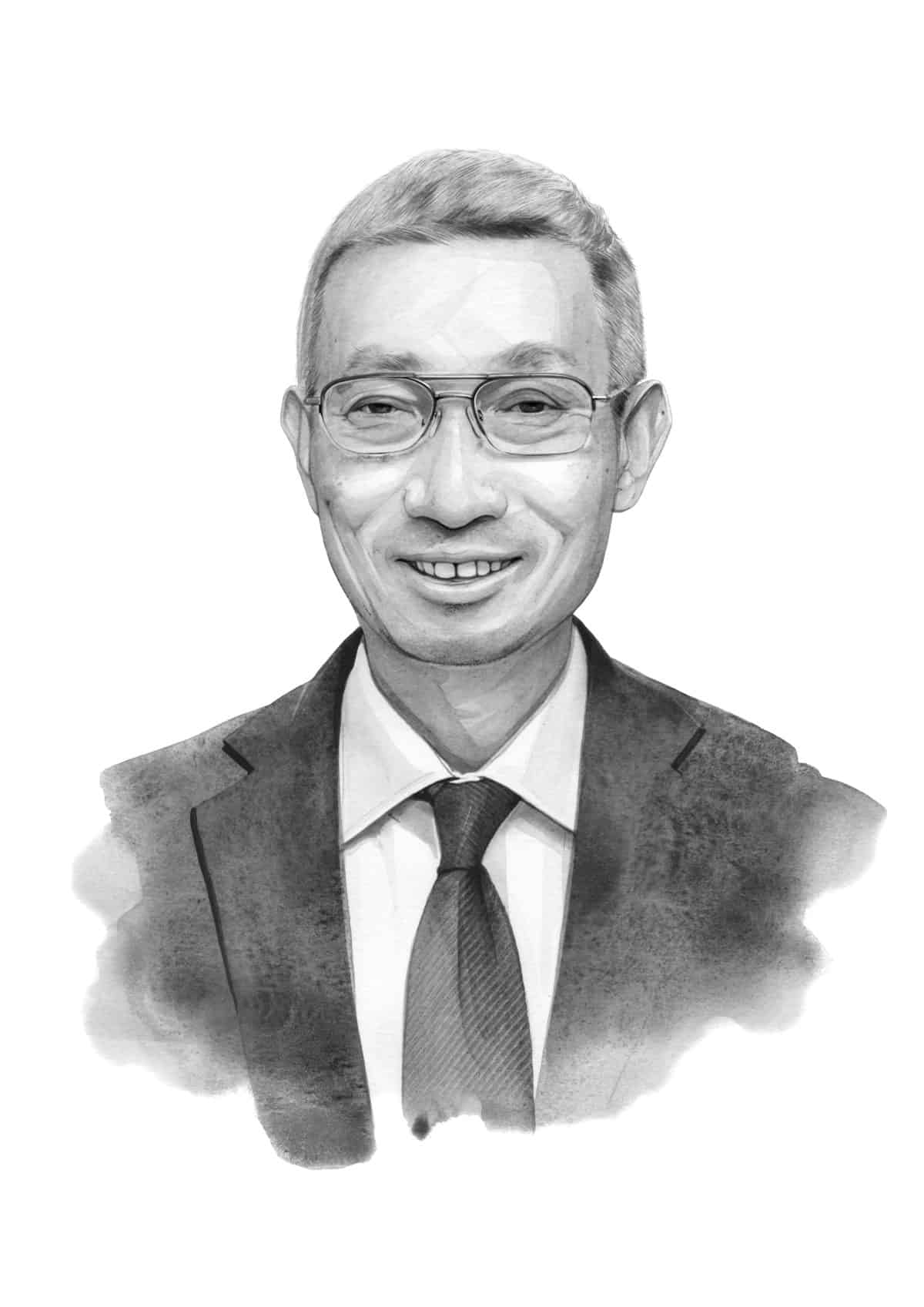
Minxin Pei is a political scientist who specializes in China’s modern development. He is a professor of government at Claremont McKenna College in California, and a non-resident senior fellow at the German Marshall Fund of the United States. His latest book, The Sentinel State, looks at the organization, tactics and evolution of China’s surveillance state, particularly the labor-intensive infrastructure of domestic spying. In this week’s Q&A with Rachel Cheung, he talks about the capabilities and limitations of China’s coercive apparatus.
Minxin Pei
Illustration by Kate Copeland
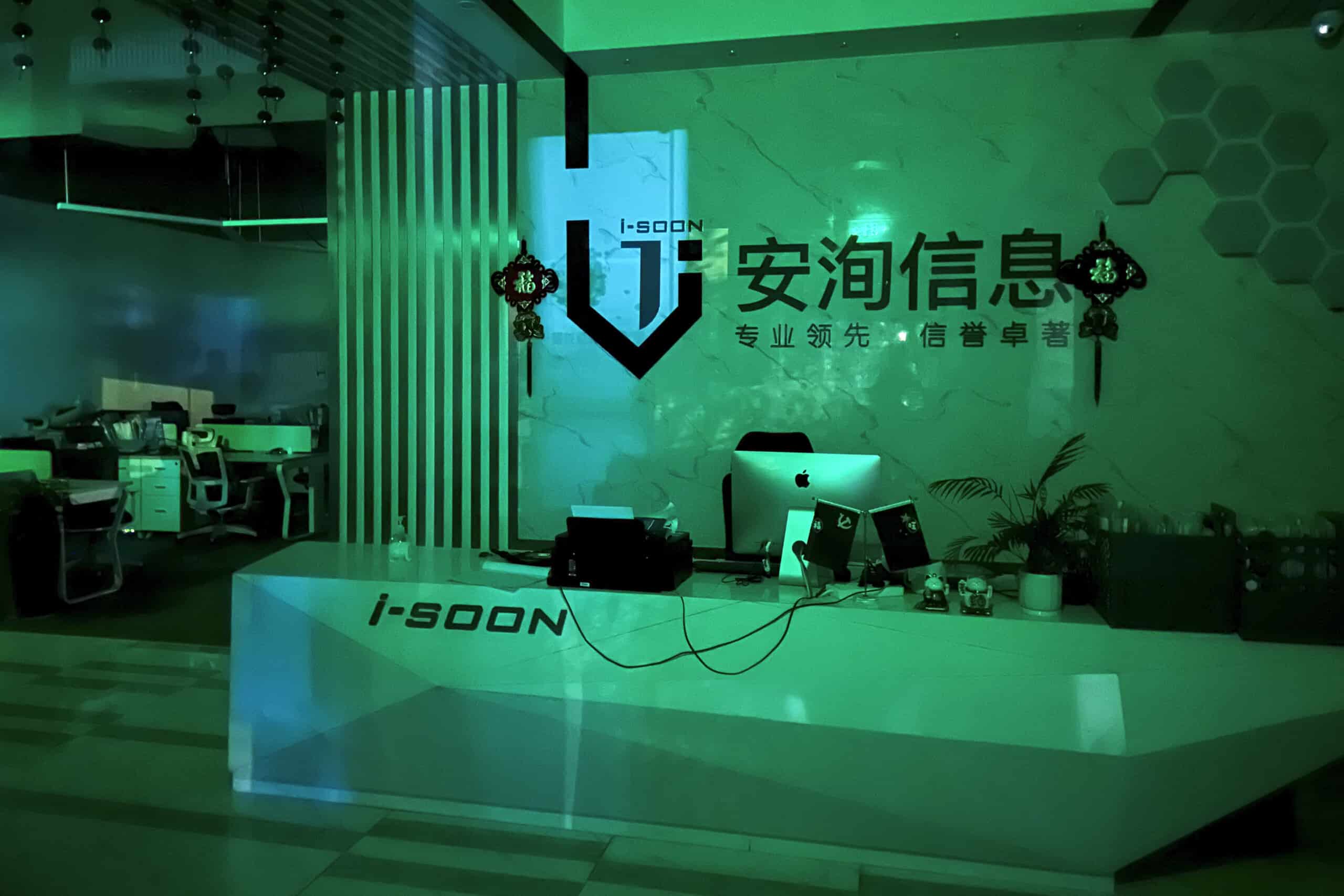
Hacking the Hackers
The Chinese hacking company at the center of a major data leak this month has strong connections within China’s cyber security industry and to the country’s leading state-backed research group. Eliot Chen reports.

A Vital Year Ahead for U.S.-China Climate Engagement
Disagreements loom on how to fund the global fight against climate change, but as Herbert Crowther of Eurasia Group and Chengkai Xie of Chatham House argue, there’s plenty of room this year for both countries to entrench recent progress in their cooperation.
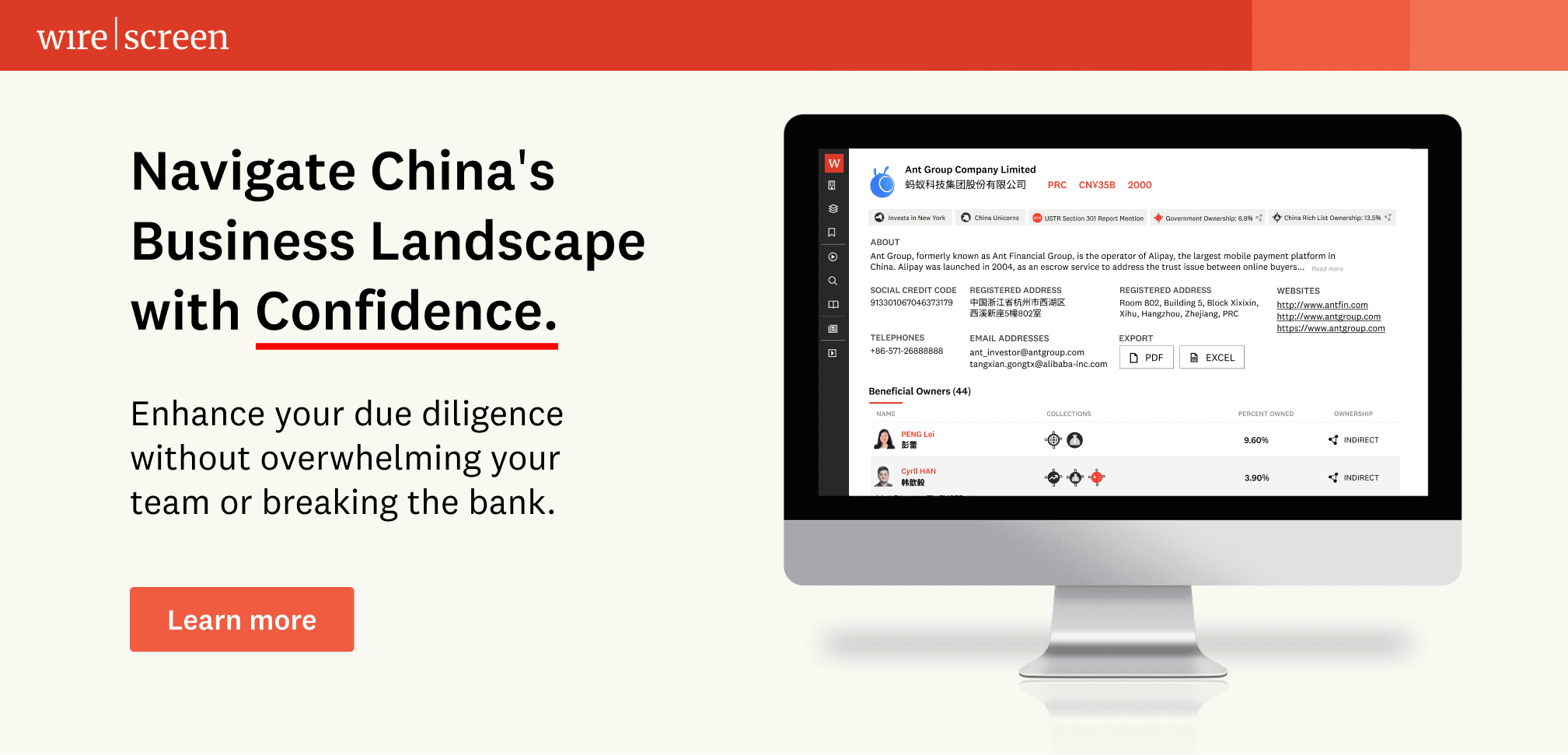
Subscribe today for unlimited access, starting at only $19 a month.

